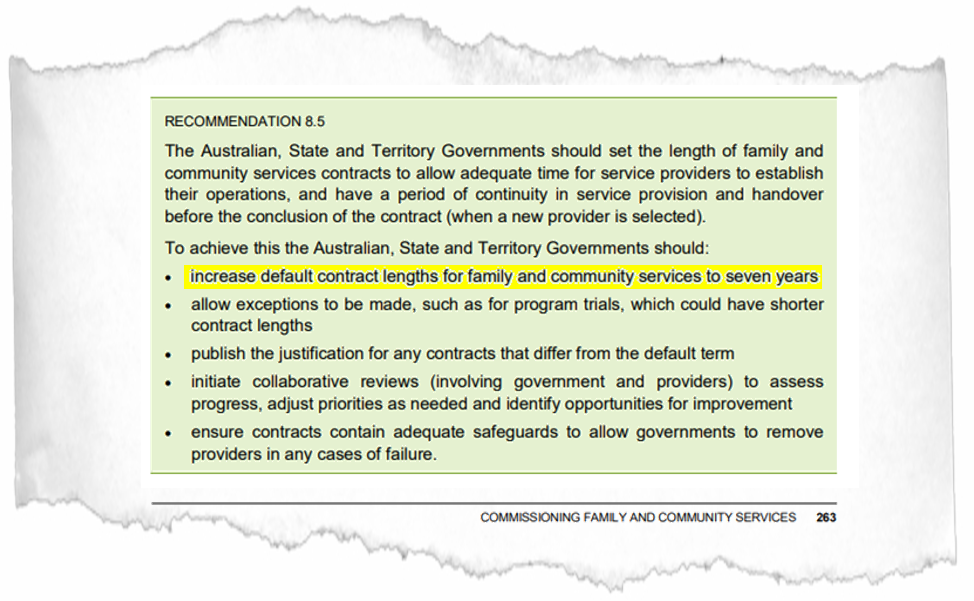On what level does ‘drip funding’ social service bodies make sense? Workforce
On what level does ‘drip funding’ social service bodies make sense?
Eradicating poverty and disadvantage isn’t going to happen quickly.
That might seem like an obvious thing to say, but it bears repeating.
Even if Victoria immediately implemented all the best policies and funded support services to the optimum level—and that’s a big if—it would likely take many years to turn things around.
So if the fight against poverty and disadvantage is to be measured in years and decades, not weeks and months, how does it make any sense to subject frontline community services to ad hoc, short-term funding deals?
Organisations are offered a 12 month contract here, a short term extension there.
There is absolutely no indication these organisations will accomplish their mission within these tiny timeframes, but that doesn’t seem to matter. The state funds them in this manner anyway.
We call it ‘drip funding’. Drip. Drip. Drip.
The effects of drip funding can be corrosive. No organisation can do its best work with a series of funding cliffs looming on the horizon.
Organisations are forced to constantly reapply for funding, diverting resources away from the people who need their services.
Short-term funding also means short-term contracts. The number of staff on fixed, short-term contracts is as high as a third in some community service organisations.
In turn, this means turnover and instability for workers, and disrupting relationships they may have with clients and community members.

“Where’s Jennie who helped me last week?” a client could ask, having previously established a strong, trusting rapport with a particular community service worker.
“Oh, Jennie is no longer here,” might come the reply.
“She was only on a temp contract. Sorry. But Rachel will see you today.”
You can imagine how that goes down.
One Aboriginal organisation in NSW said this about short-term contract employment:
“We all need to think long-term not short-term. One year funding for community programs is so last century. Let’s move on.”
We couldn’t agree more.
Community organisations need multi-year funding deals to do their job properly.
The Productivity Commission has already done the heavy lifting on this question and recommends community service contracts be extended to seven years.
It’s time for the Victorian Government to make this the new standard.

This call for multi-year funding deals for communtiy providers appears in A State Of Wellbeing, VCOSS’s formal submission to the Victorian Government ahead of the 2020 state budget.
READ MORE
https://www.facebook.com/VCOSS/videos/2200268343610437/